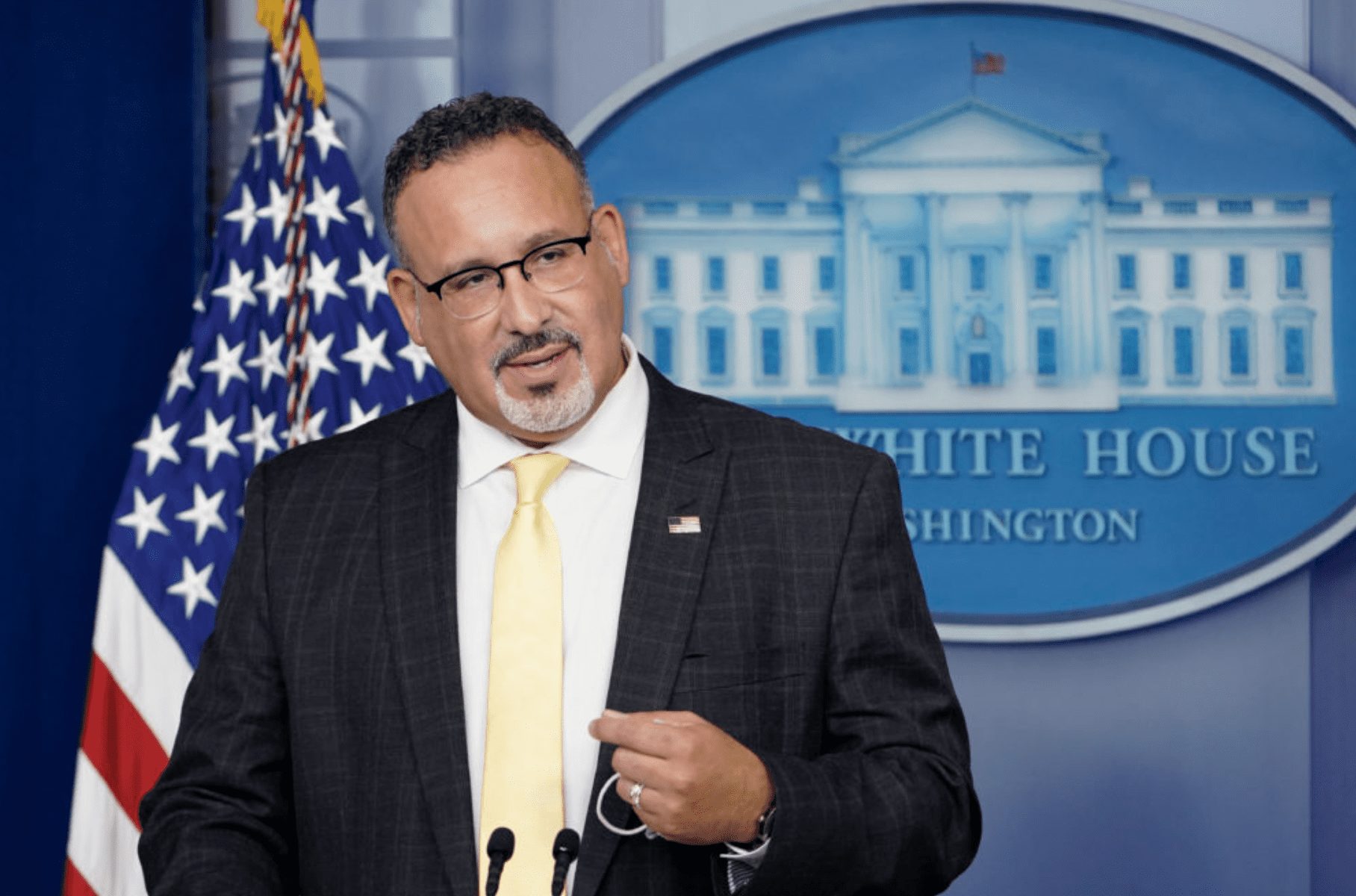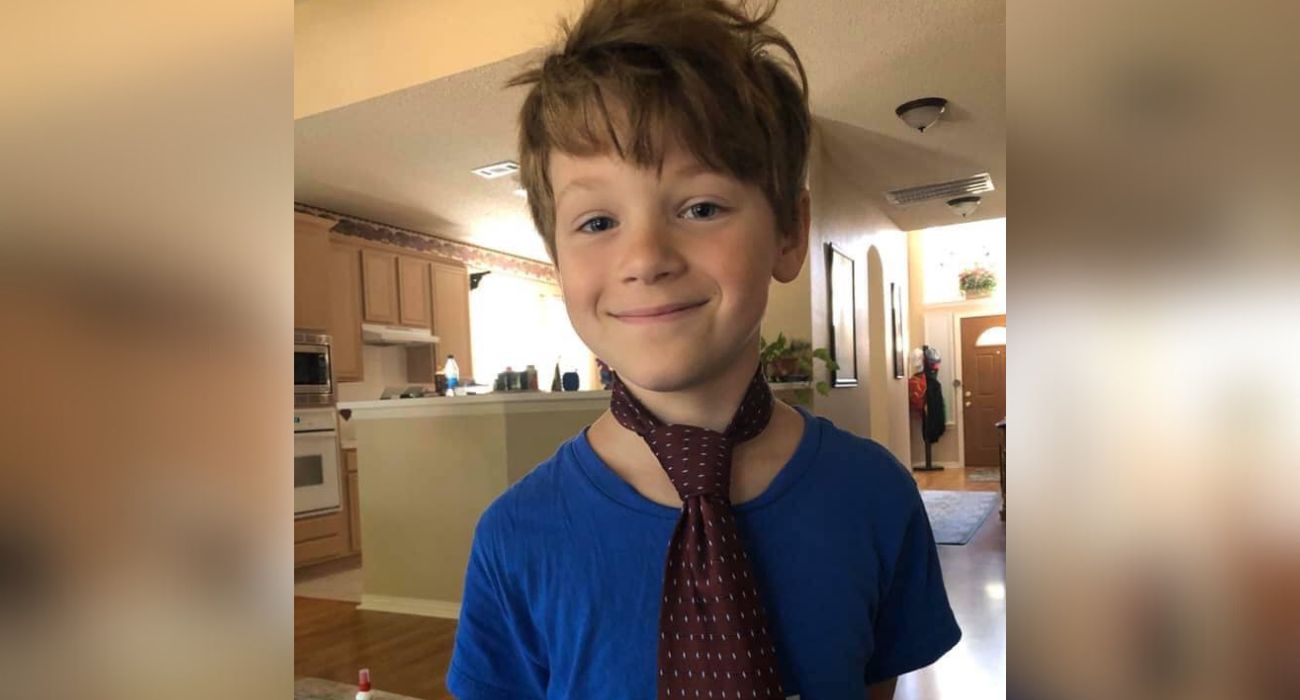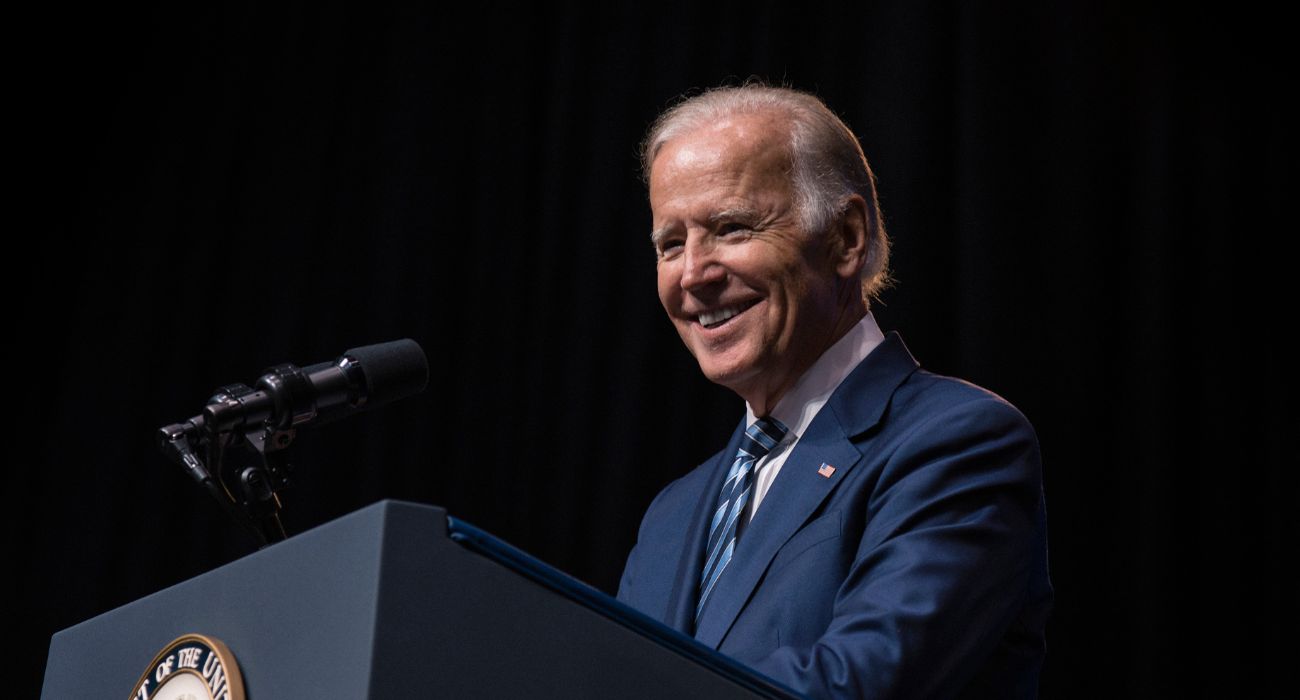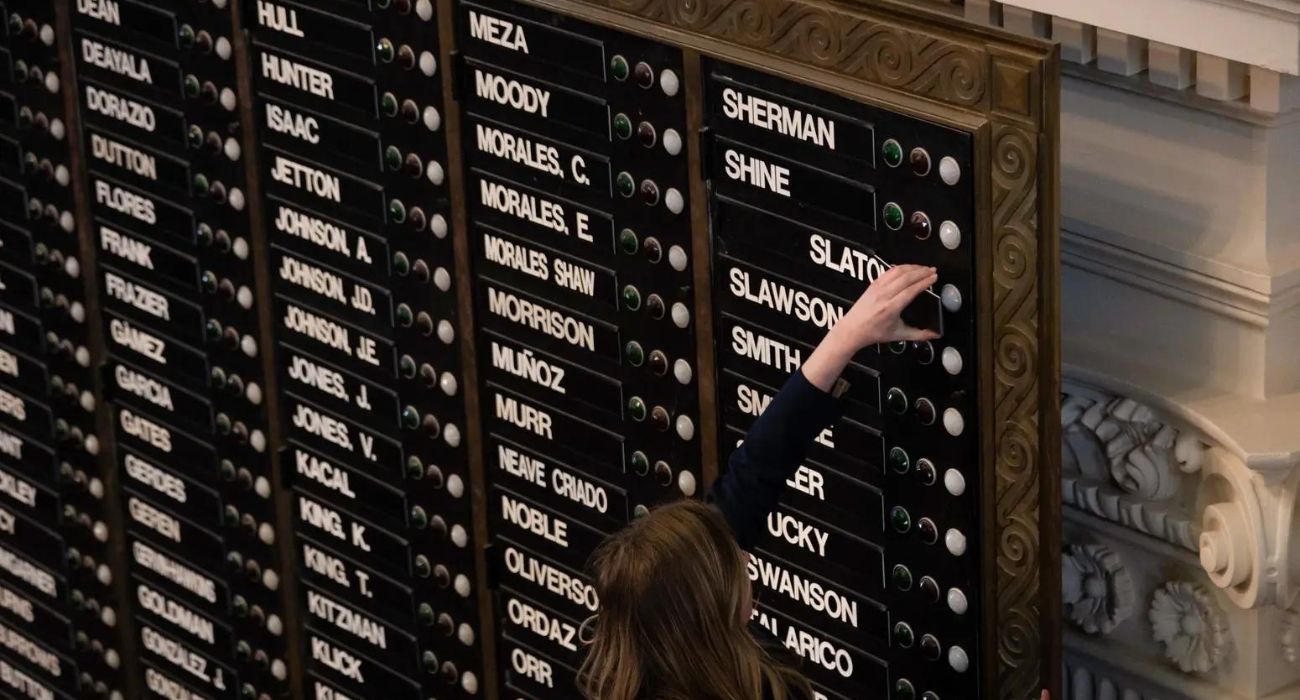The Biden administration announced a new effort Tuesday to help K-12 students who have fallen behind academically due to school closures and disruptions caused by the COVID-19 pandemic.
American students are, on average, two to four months behind in reading and math due to COVID-19 disruptions, according to a White House fact sheet.
The initiative includes urging schools to use the $122 billion in funds from the American Rescue Plan Act’s Elementary and Secondary School Emergency Relief (ESSER) Fund to “provide high-quality tutoring, summer learning and enrichment, and afterschool programs.”
The administration’s initiative also includes the launch of the National Partnership for Student Success (NPSS). The national program will be a partnership between the Department of Education, AmeriCorps, and Everyone Graduates Center and will work to expand summer learning, afterschool, and tutoring programs.
AmeriCorps is an independent government agency focusing on national service initiatives. Everyone Graduates Center is a think tank affiliated with Johns Hopkins University.
The NPSS will work to recruit, train, and place 250,000 “adults in high-impact roles as tutors, mentors, student success coaches, integrated student supports coordinators, and post-secondary education transition coaches” over the next three years, according to the fact sheet.
“Research shows that high quality tutors and mentors positively impact student achievement, well-being, and overall success,” the White House said.
The White House fact sheet states the administration will take steps to ensure that support is available in every district across the country. Additionally, it notes that school districts are already planning to spend more than half of their ESSER funds on expanding tutoring and mentoring programs and staff.
The Institute for Education Services, the Department of Education’s research arm, will track schools’ progress with the program monthly, according to the White House fact sheet.
“Now — more than ever — students need to feel supported, seen, heard, and understood by adults in their schools and communities,” Secretary of Education Miguel Cardona said in a statement.
“Today’s announcements and the launch of the National Partnership for Student Success will mean more students have a trusted adult in their corner, and more adults are prepared to address students’ academic, emotional, social, and mental health needs.”
Researchers and parents welcome the initiative, but they believe it will present many challenges to be implemented successfully.
“I think tutoring is a really good intervention. A lot of good research shows that can make a difference for a student when done right,” Phyllis W. Jordan, associate director with FutureEd, an independent think tank affiliated with Georgetown University, told The Epoch Times.
“And done right means doing it three times a week with the same tutor, often during the school day versus an add-on at the end of the day,” said Jordan, adding that student groups should not be more than three or four students if the ideal one-on-one situation is not possible. “So doing the right steps can make a difference in a student’s academic life, and using AmeriCorps workers is a good strategy.”
Shawnna Yashar, a board member and secretary of the Fairfax County Parents Association, a parent advocacy group based in northern Virginia, welcomes the new initiative but says finding 250,000 new tutors and mentors will be difficult.
Yashar recently discussed finding in-person tutors with Fairfax County School Board representatives and was told that Fairfax County Public Schools (FCPS) could not find any.
Instead, FCPS, the district Yashar’s three children attend, signed a contract with the online tutoring service tutor.com.
The district used its ESSER funds to pay a fee of $15 per student for unlimited online tutoring to FCPS students from March 1, 2022, to June 30, 2025. The total cost for the district with 188,000 students amounted to $2.82 million.
Yashar did not think the spending was worth it, saying tutor.com does not even offer math tutoring for K-5 students. Additionally, students must upload examples of problems they are struggling with, and if the uploaded example contains any personal information, the tutor must end the session immediately.
She understands the privacy concern, but Yashar says that as a result, an adult must accompany elementary students using the service.
“A parent has to sit with the child to do that [removing personal information and uploading the material], and at that point, the parent might as well be the one tutoring the child,” she said.
Yashar says online tutoring services may work for high schoolers but are not practical for elementary or middle school students.
“In-person, high dosage tutoring is the only way to effectively address learning loss. It’s either that or have students repeat grades,” she added.







No my child is 2 1/2 years behind in school due to the pandemic and all
so many made it thru and passed their courses…the ones that didnt its thanks to their parents / parent. Ive seen these POSs sleeping all day – not doing school work…ugh another Biden FAILURE